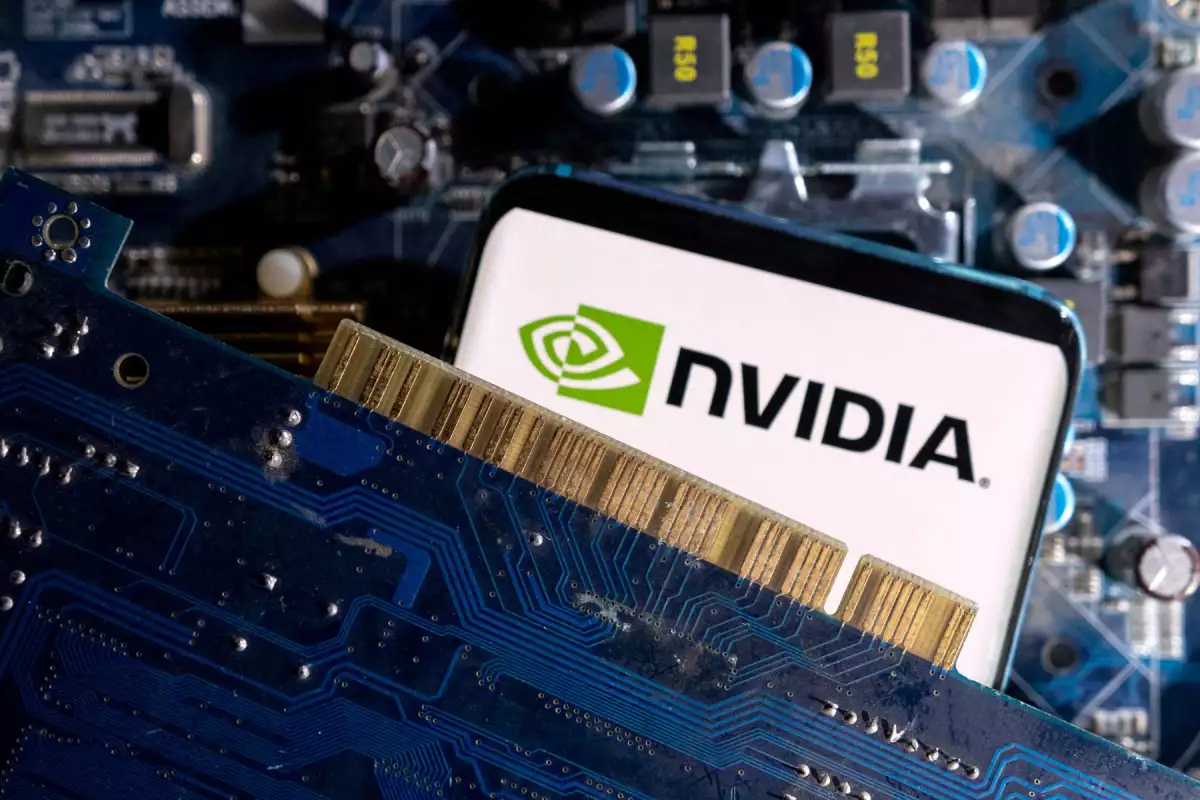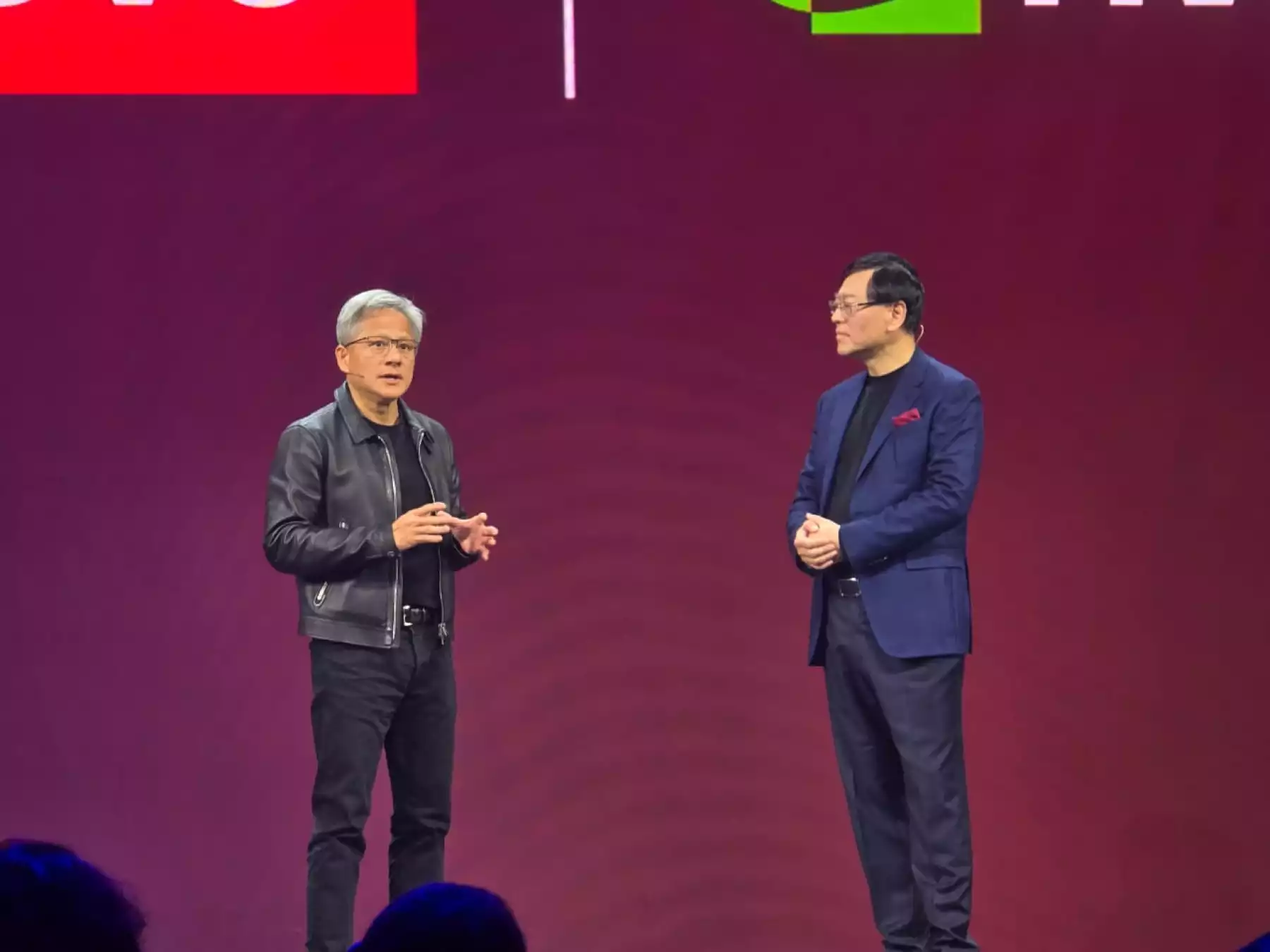
Nvidia becomes the most valuable company in the world
Nvidia shares have gained 173% so far this year, compared with 19% for Microsoft.
Nvidia became the world's most valuable company on Tuesday , dethroning heavyweight Microsoft as its chips continue to play a central role in the race to dominate the artificial intelligence (AI) market.
Shares of the chipmaker rose 3.2 percent to $135.21, lifting its market capitalization to $3.326 trillion, just days after it surpassed iPhone maker Apple AAPL.O to become the world's second-most valuable company.
Nvidia shares have gained 173% so far this year, compared with 19% for Microsoft, as demand for its high-end processors has outstripped supply.
Tech giants Microsoft, Meta Platforms and Google-owner Alphabet are racing to develop their AI computing capabilities and dominate the emerging technology.
The stock surge pushed the company to an all-time high, adding more than $103 billion to Nvidia's market capitalization on Tuesday.
The company's market value went from $1 trillion to $2 trillion in just nine months in February, while it took just over three months to reach $3 trillion in June.
At the beginning of June, the artificial intelligence chip manufacturer's shares were trading at an all-time high and its market value exceeded the $3 trillion mark, making Apple the second most valuable company in the world.
Throughout June, the top three most valuable companies had been dominated by Microsoft, Apple and Nvidia, with the first two each holding the number one spot at one point.
For example, on June 12, shares of the firm with the Apple logo rose 5.01% at 3:30 p.m. on the New York Stock Exchange, after gaining 7.26% on Tuesday, which brought the stock to an all-time high. Thus, Apple reached a value of 3.336 billion dollars on the stock market, returning to first place above Microsoft.
However, it was not until now that Nvidia's time came to top the list.
In the last quarter of 2023, Nvidia reported net revenue of $12.29 billion, representing a 769% growth over the same period in 2022, due to strong sales of server AI processors, which are necessary to process the large amounts of data used to train models such as OpenAI's GPT or Meta's Llama.
Leave a comment:


Tranding News










